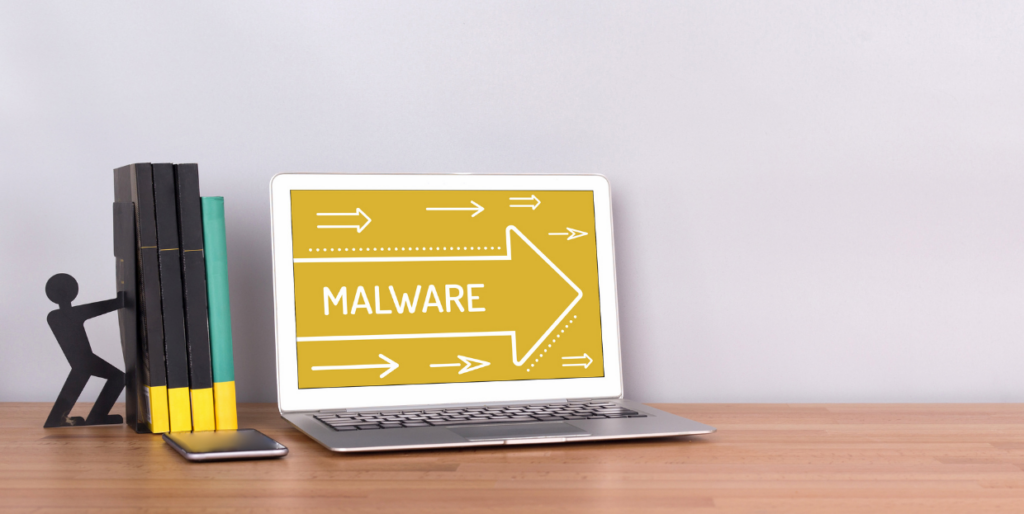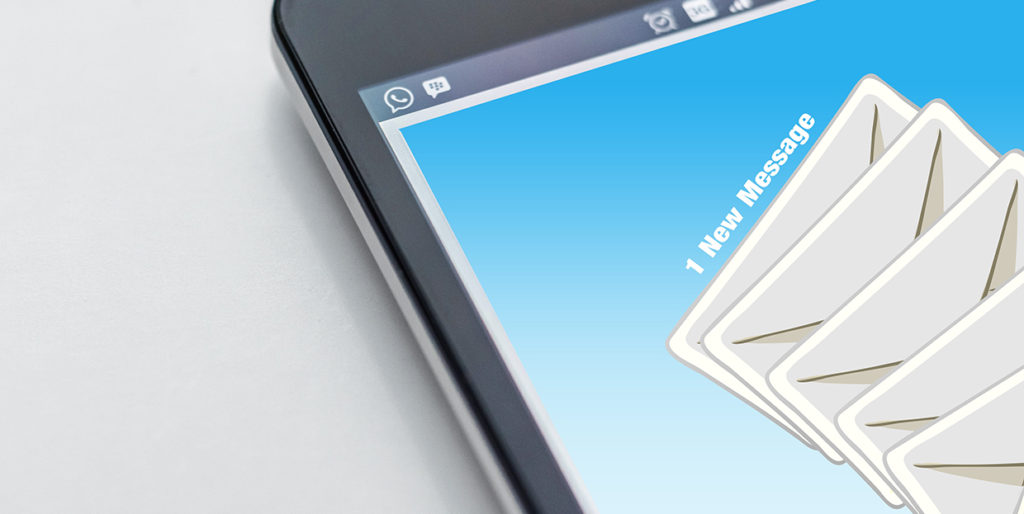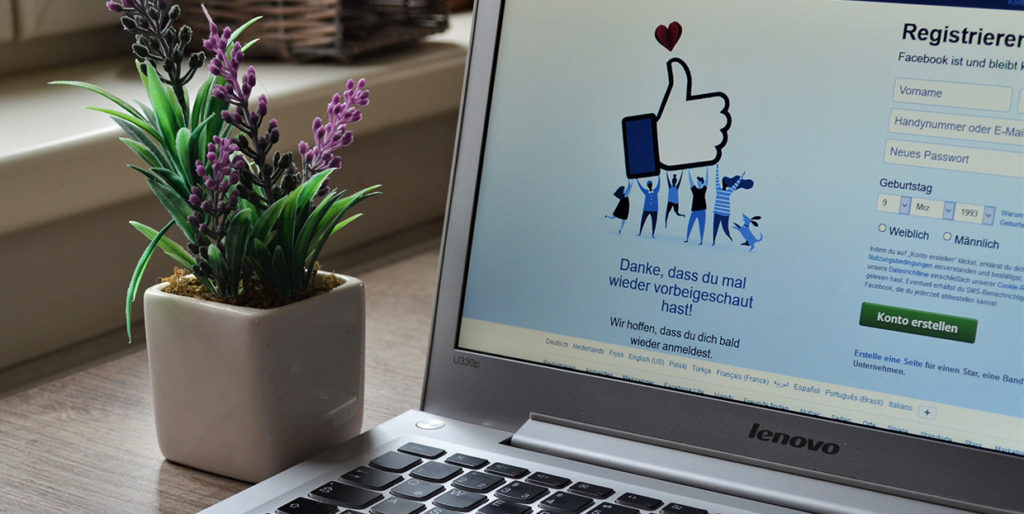Businesses are moving online and with terabytes of data
It’s 2019. Businesses are storing huge amounts of data. This has made cyber attacks an imminent event. And one of the most threatening pathways of a cyber attack is malware.
Malware is a malicious software that affects businesses on a daily basis, and attacks are on the rise. According to the 2019 Internet Security Threat Report from Symantec, cyber-criminals using malware increased by 25%.
Malware disrupts IT and computer processes and in extreme cases can delete, steal or hold to ransom valuable business and personal data.
Being vigilant and understanding how different types of malware work can help prevent your computer and network becoming infected.
Most Common Forms of Malware
Virus
A computer virus infects parts or all of your computer when the file they are attached to is opened. They spread via email or by downloading attachments online. They vary on what they do. Some do very little, perhaps simply changing your desktop wallpaper while others can render your operating system completely useless.
Ransomware
A type of malware that often makes the news and is on the rise: ransomware. Ransomware is a type of software which holds parts (or all) of your computer files hostage and demands a fee to release them. Usually your data is encrypted so well that there is no other way to retrieve the data other than paying. They spread in a similar way to viruses.
Phishing
Phishing is a type of scam where websites or emails masquerade as a legitimate source such as your bank. They use false links that fool you into entering important personal or financial details such as your bank account which can then be exploited. Often these appear within emails with suspicious content or links.
What Does Malware Do?
Steal Sensitive Information
More than 1,000 data breaches occurred in the past year alone, according to ITRC. These breaches affected a range of diverse industries, from government operations to small and large businesses, and many got their start with malware.
Information theft is one of the most serious and costly results of malware. Once pieces of malware such as spyware and trojans are installed on your device, hackers can gather your personal and company information to sell to third-party sources. This information can include browsing history, passwords, client profiles and other sensitive data.
Restrict Access To Or Delete Your Files
Certain types of malware can damage or delete files and programs on your computer. Unless your data is backed up on another hard drive or cloud server, you won’t be able to regain access to many of these files after a cyber attack.
Ransomware, for example, holds the files on your computer hostage. Ransomware hackers threaten to delete all of your data unless you give them money.
Spread Throughout Your Network
A malware attack can wholly or partially disrupt it. The levels of disruption may vary in scale. It may range from a virus corrupting crucial Operating System on one system, to disrupting whole networks of systems.
Worms are an especially disruptive type of malware for businesses. Once this malware infects a computer, it replicates itself and spreads throughout the entire network. Most companies operate all their devices on a single network — which means that a worm could damage not just one employee’s computer, but the entire organization.
Protecting Yourself From Malware
The smartest way to avoid malware is to take precautions to prevent the malware from infecting your computer or device in the first place. The most important way to prevent malware from reaching your computer is by making sure you have an antivirus program installed, and that you have it configured to constantly scan for signs of malicious activity in downloads and active files.
Additionally, you should ensure that this program updates itself every day (or as often as you turn on the device) and having a secondary malware/virus scanner, from another company, installed has become a common best practice.
Beyond software that automatically keeps an eye out for malware, the most important thing you can do to protect your computer is to change your behavior. One way is to avoid opening email and attachments sent through any kind of messaging platform from people or organizations you don’t know or don’t trust. Even if you do know the sender, make sure that whatever is attached is something you were expecting or can follow up about in another message. One clever way malware is spread is by auto-mailing copies of itself to friends and family from an email contact list.
Also, make sure you’re updating your operating system and application software whenever updates are available, especially security updates. And learn how to safely download and install software to your computer to avoid malware.
If proper security measures are not in place, malware can cause enormous revenue loss and serious downtime.
About Plow Networks
Headquartered in Brentwood, Tennessee, Plow Networks is a Total Service Provider (TSP) with several distinct business practices that, when consumed together, offer our clients a unique, best-in-class experience. We give organizations peace of mind, valuable time back and the economies of scale that come with having one technology partner that is focused on exceeding their expectations with every engagement.



